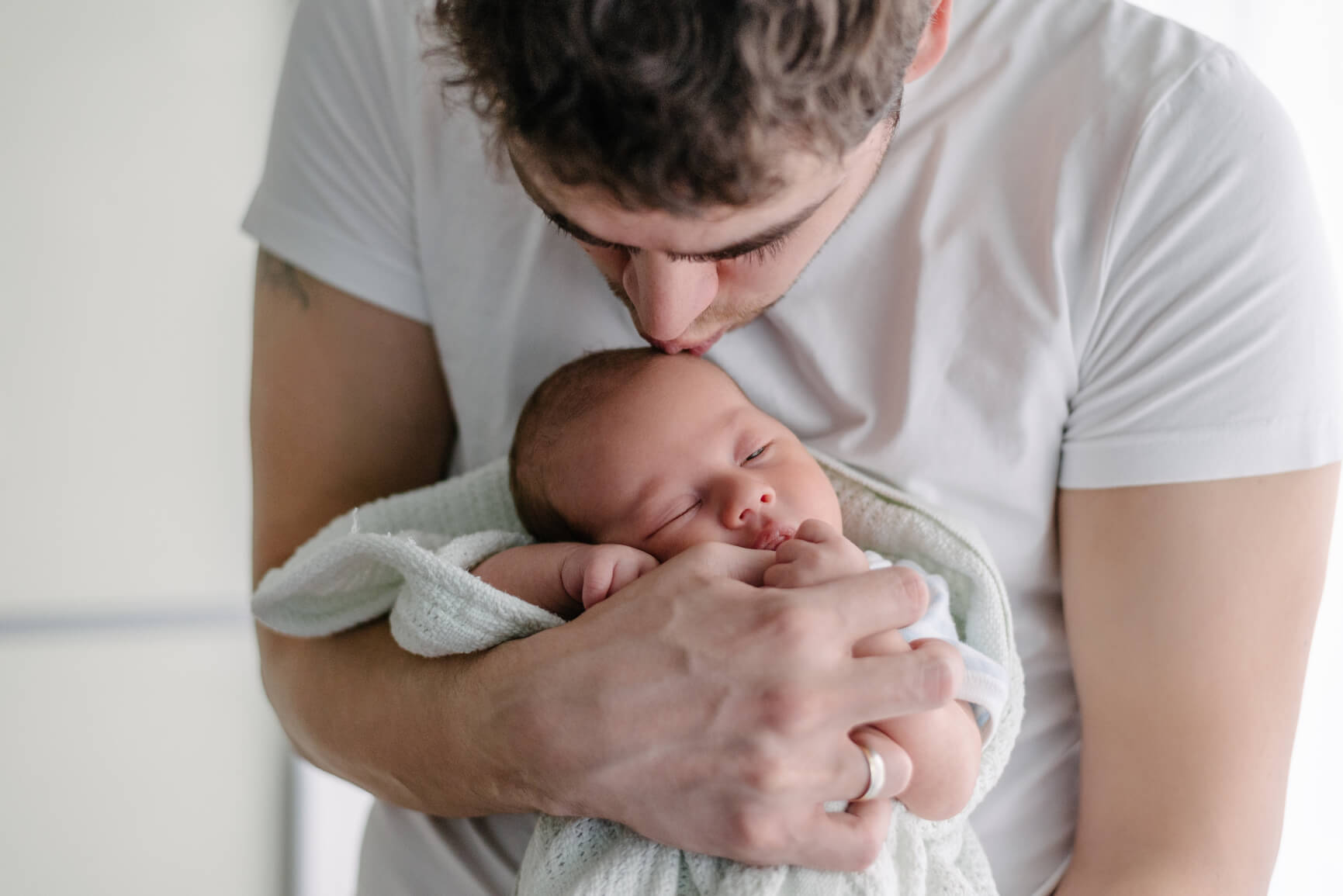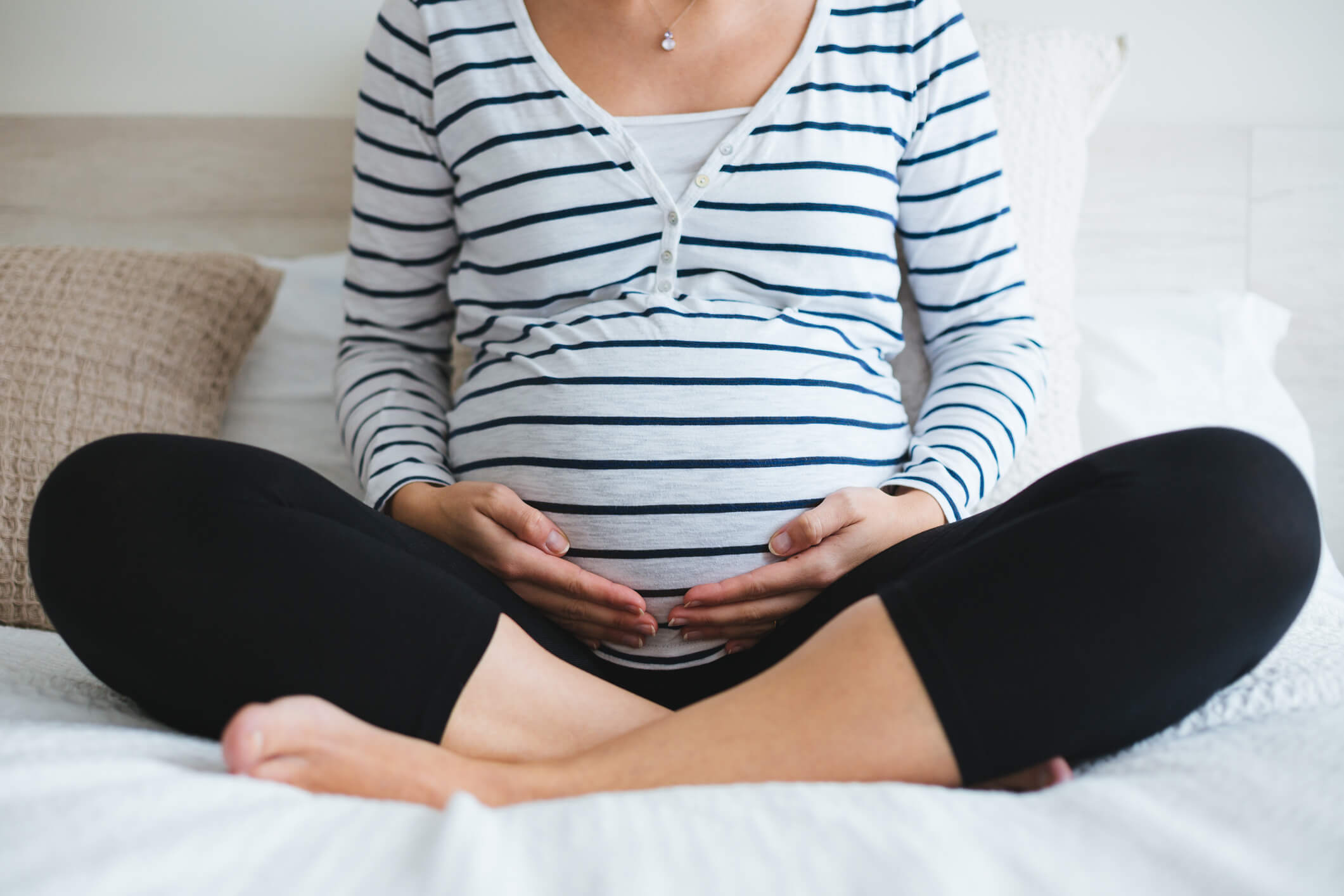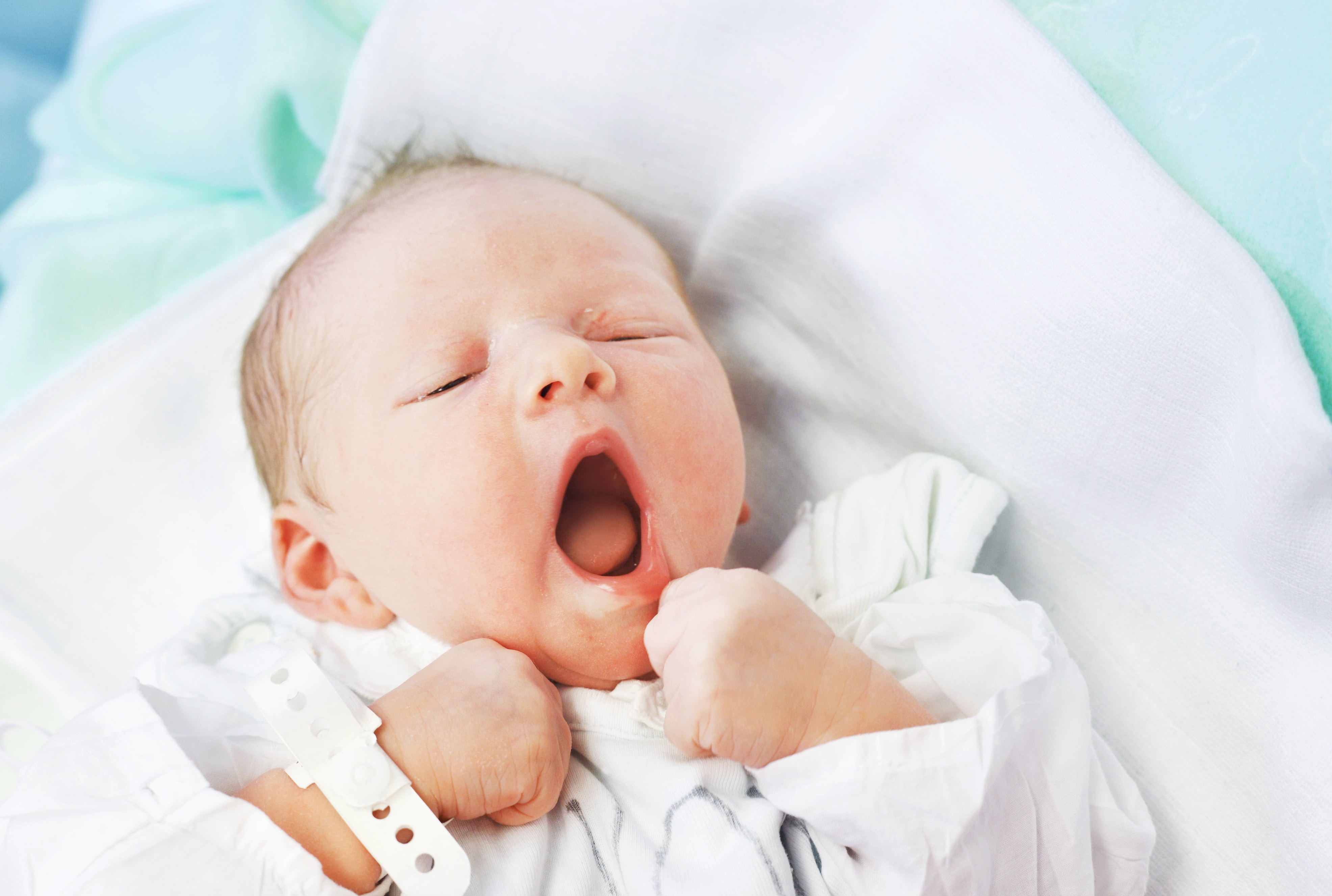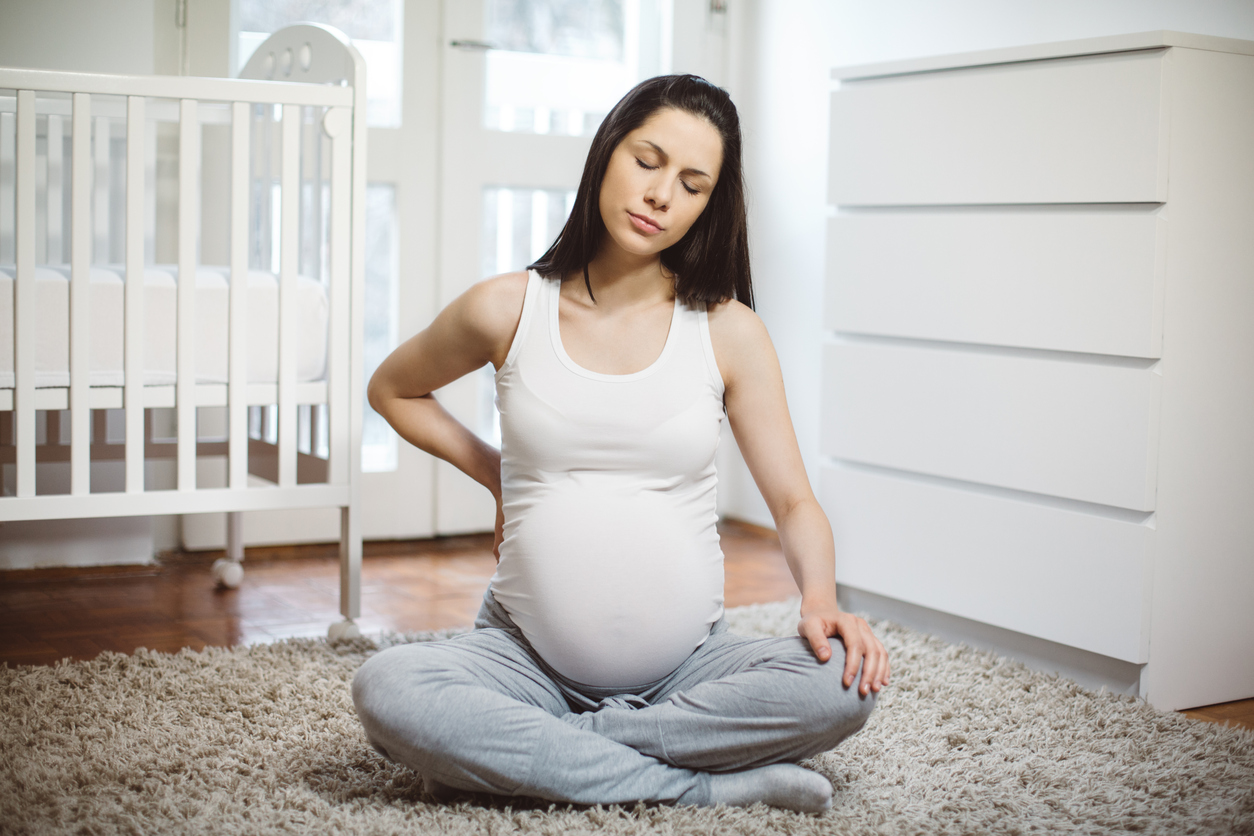-
Have you just become a new dad? Then you’re probably experiencing a dramatic shift in your lifestyle right now as you adjust to having a tiny new human around. While plenty of this is new and exciting, pregnancy and birth can also stir powerful and unexpected emotions, in both men and women.
Postnatal depression affects 16 per cent of all new mothers, and is a condition which is becoming increasingly recognised and discussed. However, what’s far less talked about is that new fathers can develop the condition as well. In fact postnatal depression can affect up to one in 10 fathers.
Recognising the symptoms
It’s important to remember that life with a newborn can leave one or both of you feel tired and flat some days. This is to be expected as you both get used to a new way of life. Postnatal depression is more serious, and is characterised by symptoms that last longer than two weeks. These can include:
- Physical signs: Lethargy, headaches, overeating or loss of appetite, trouble sleeping, and weight loss or gain.
- Feelings and emotions: Unexplained sadness, guilt, shame, anger or anxiety. You might feel overwhelmed or out of control, and find less pleasure in things you used to enjoy.
- Changes in relationships: Feeling disconnected from your partner, family and friends. You may be ignoring or not returning phone calls, or just want to be left alone.
- Changes in behaviour: Unable to concentrate or carry out everyday tasks. You may be spending more time at work or using alcohol as a way to cope with how you’re feeling.
MORE: Learn more about knowing the signs of postnatal depression.
Are some men more at risk than others?
It’s difficult to say exactly what causes postnatal depression. The new pressures of fatherhood, financial strain, lack of sleep, a changing relationship with your partner or a traumatic birth can contribute to new fathers experiencing postnatal depression.
What’s more, some men will find they’re more likely to develop symptoms of postnatal depression if their partner is suffering from the condition, or if they have a family history of depression.
Another risk factor is having a strained relationship with the baby’s mother through the pregnancy.
MORE: Learn more about identifying depression in men
What should you do if you’re suffering?
If you think you may be showing signs of postnatal depression, don’t suffer in silence -- speak to a loved one or your doctor. Alternatively, you can phone beyondblue on 1300 22 4636 or Lifeline on 13 11 14.
Perinatal Depression and Anxiety Australia (PANDA) also has a website ‘How is Dad Going’ which is dedicated to providing emotional and mental health support for new and expecting dads.
Either way, just remember -- the sooner you recognise the signs and treat symptoms, the better you’ll feel in the long run.
At Medibank, it’s not just your physical health we care about. Your mental health matters, too. If you’re looking for more information on mental health and the health issues that matter most to young people, click here.
Shedding light on postnatal depression in men

-
Choosing childcare that fits your family
Here’s what you need to know when choosing childcare
-
How to avoid 'dad bod'
How to keep fit and healthy with a new baby in the house
-
Expecting a baby during COVID-19
We address some common questions you may have.
-
Understanding your hospital birth options
Making the choice between public and private
-
How your extras can help during pregnancy
Use your cover to stay healthy
-
Pregnancy self-care essentials
Obstetrician Dr Chris Russell shares some advice.
Subscribe to receive the best from Live Better every week. Healthy recipes, exercise tips and activities, offers and promotions – everything to help you eat, move and feel better.
By clicking sign up I understand and agree to Medibank's privacy policy






